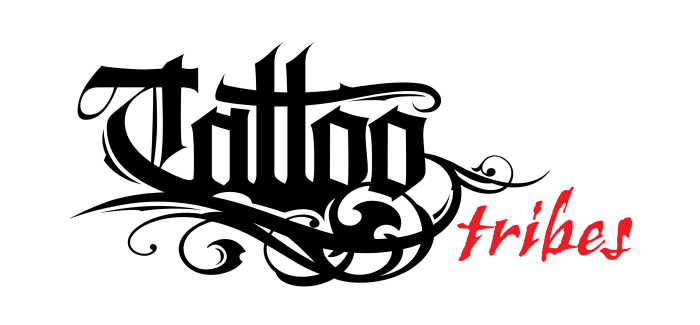Pain and adversities are a common aspect in societies that spend part of their time at war.
Polynesian societies are not an exception to that, and there are several symbols that can be used to represent various degrees of this, from simple challenges to serious adversities, pain, and death.
Here are some of the symbols most commonly used to represent adversities and pain: fa'atigipusa, moray eel, thorns, row of flies, opposing waves, path of Kamehameha
Fa'atigipusa

Fa'atigipusa, which can be translated as "like a burning pain" from Samoan, is a symbol often used to symbolize pain and sorrow.
One theory considers it a simplified representation of sea urchin's spines, which break and remain trapped under the skin, leaving a lasting pain even after they've been removed.
A more likely version regards the symbol as a broken fa'anufe motif, a Samoan symbol used to represent people:

In this sense, it could represent an injured (suffering) person or someone who died, an event that would bring pain to their relatives.
Moray Eel

Moray eels are dangerous creatures whose bite causes severe, sharp pain. Several legends feature them as deceiving creatures that pose challenges to the hero, making them a natural symbol for adversities.
However, this isn't their only meaning; they can also represent a fighting spirit and sometimes even protection.
Thorns

Thorns are a common and obvious symbol for pain, given that many tropical plants have long, thick, and painful spines.
Row of Flies

The Row of Flies is strongly related to pain and death because flies gather on the bodies of the dead.
Historically, only chiefs could afford to have someone continuously fan them to keep flies away from their bodies, making the fan itself a chiefly symbol representing the defeating of death or life.

Opposing Waves

In Polynesian tattoos, opposing waves and streams symbolize adversities along a path. These symbols reflect the difficulty of moving a canoe forward against dangerous currents or rough seas.
Path of Kamehameha

The Path of Kamehameha is often used to represent a challenging path and the adversities met along the way. However, it is not a purely negative symbol. It specifically represents a path that ultimately leads to success, thus countering the challenges it portrays.
Don't Focus on the Negative
We all know that life will always present us with difficult moments, but these should never be the primary focus of a tattoo. The recommended focus is on how you overcame them--on your strength and resilience.
Never choose a negative event or meaning as the main focus of your tattoo, because seeing a tattoo for the rest of our lives gives it power over us.
"Life is like a tattoo: we have a certain space available and that's it.
The more we fill it with negative elements, the less space will be left for the positive ones.
Shape your life like a work of art as you would do with your tattoos, and keep the good in it.
Shape your dreams."
Gemori Roberto
Usage Examples
Both the moray eel and the row of flies are present in this half sleeve tattoo. When included, you will often see them flanked by symbols of strength to counter them (spearheads, warrior, or the centipede, as in this example).
Thorns and fa'atigipusa elements are both present in this fighter's tattoo:

When available, you can read the description of each tattoo by clicking on its photo.


